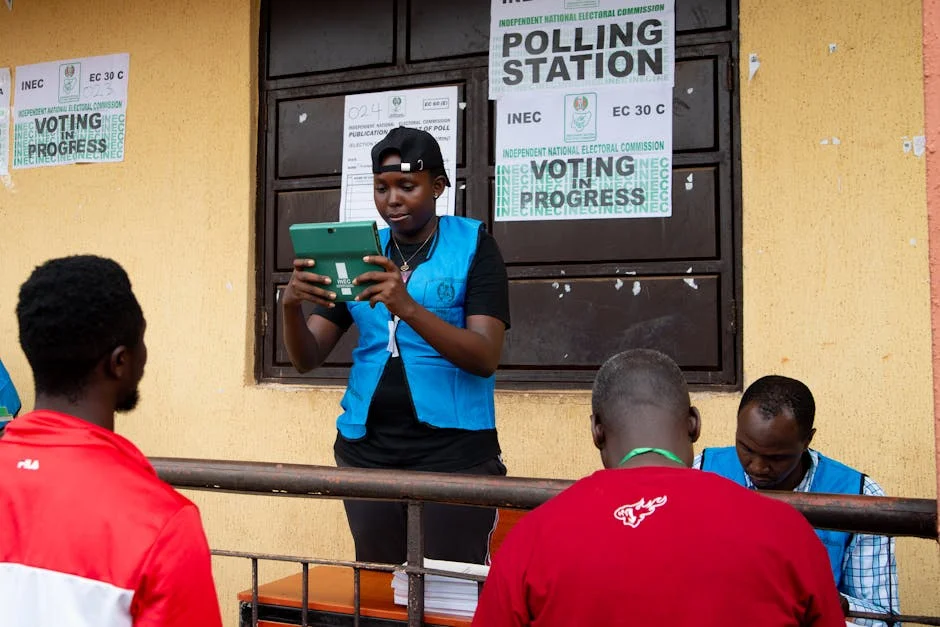Nigeria’s headline inflation has experienced an all time jump, reaching 24.08% in July 2023, according to data released by the National Bureau of Statistics (NBS).
This surge represents the highest increase witnessed in the current year and beyond.
In comparison, June 2023 had recorded an inflation rate of 22.79%. the July 24.08% indicate a rise of 1.29 percentage points within the span of a month.

The NBS said, “In July 2023, the headline inflation rate rose to 24.08 per cent relative to June 2023 headline inflation rate which was 22.79 per cent.
“Looking at the movement, the July 2023 headline inflation rate showed an increase of 1.29 per cent points when compared to June 2023 headline inflation rate.
“On a year-on-year basis, the headline inflation rate was 4.44 per cent points higher compared to the rate recorded in July 2022, which was 19.64 per cent. This shows that the headline inflation rate (year-on-year basis) increased in July 2023 when compared to the same month in the preceding year (i.e., July 2022).”
In his inaugural address on May 29, President Bola Tinubu announced the removal of fuel subsidy in Nigeria.
As a result, the Nigerian National Petroleum Company Limited (NNPCL) instructed its outlets across the country to sell fuel at prices ranging from N480 to N570 per litre, a steep increase of nearly 200% compared to the initial price below N200.
In July, the petrol pump prices escalated further, reaching N617 per litre at various NNPCL outlets in Abuja and other regions of the nation. At the time, the company attributed the price hike to the influence of ‘market forces
This sudden price hike immediately led to a rise in transportation fares and the cost of goods and services, with varying percentage increases.



